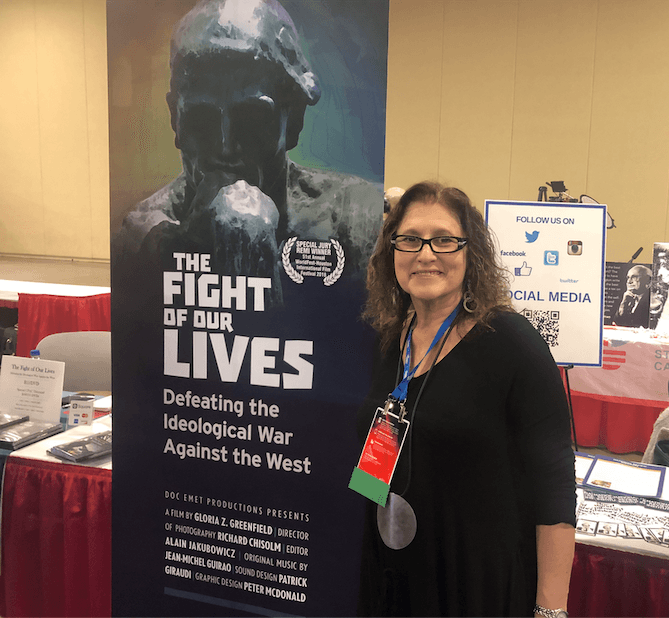With the 2020 elections coming up and campaigns underway, the idea of democratic socialists and socialism has become a major topic of conversation.
The Hill states, “A majority of Americans say socialism is incompatible with American values, and only 10 percent of voters in a new poll have a positive view of socialism.”





